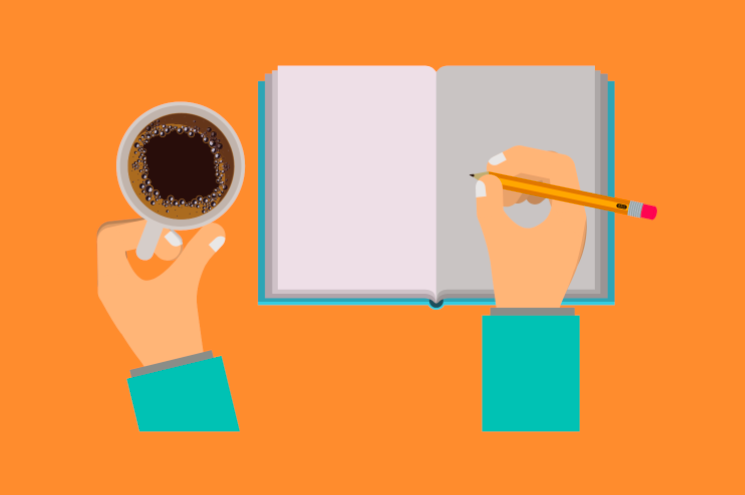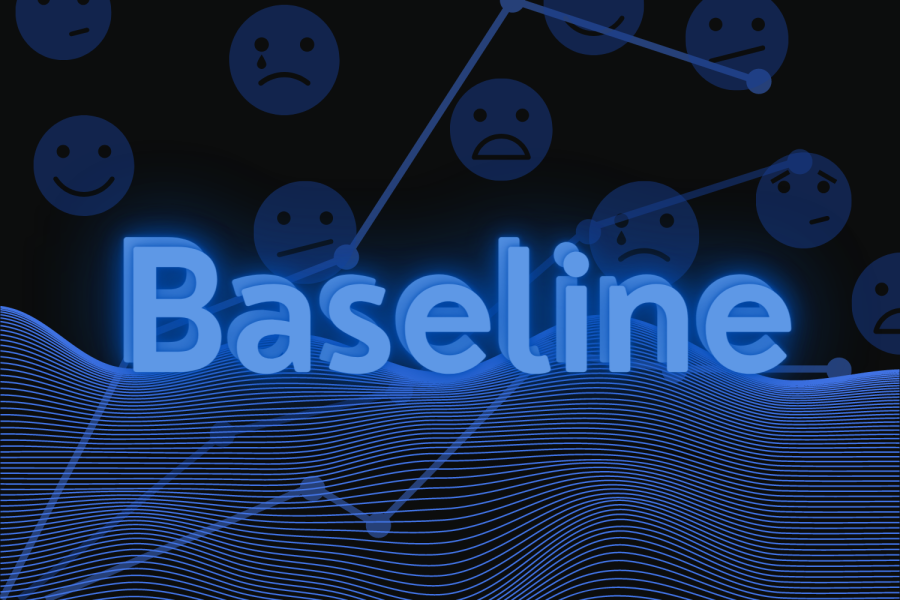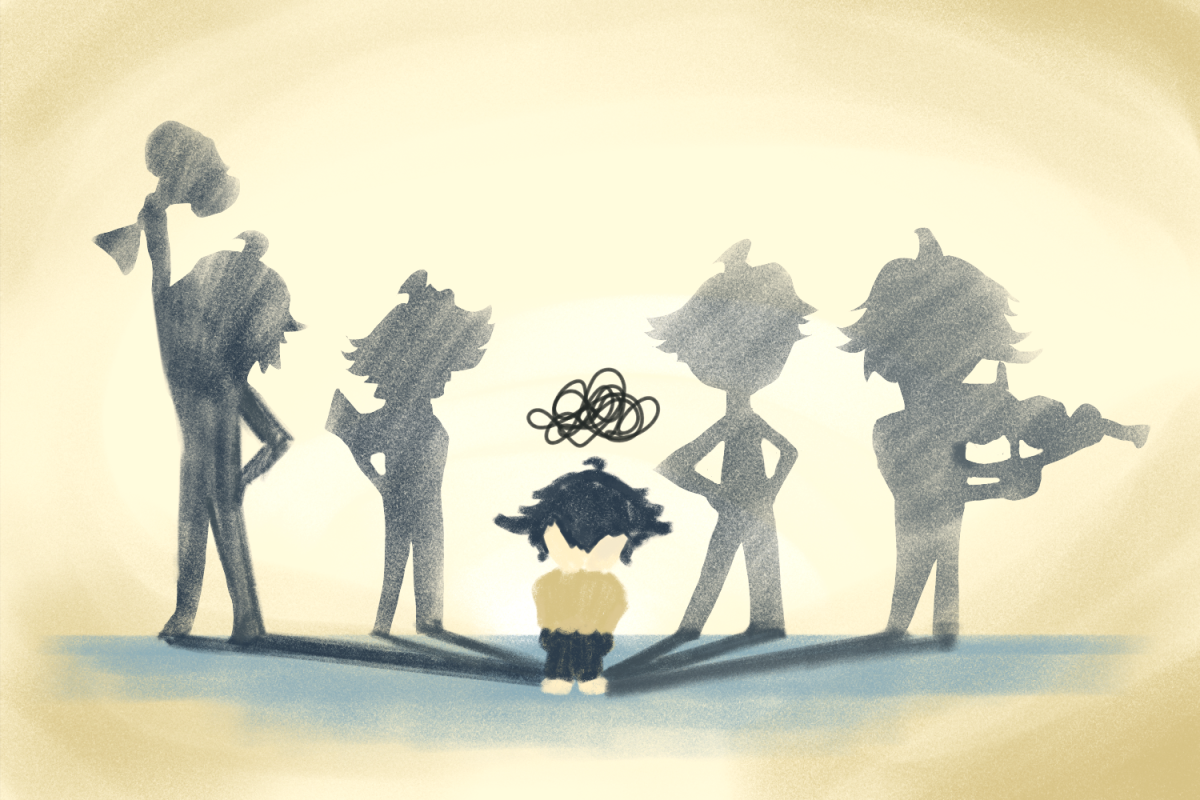When I tell people I journal, they usually respond with “Oh, I tried that for a few days/weeks, but gave up because I was lazy/it was too much work/I just didn’t like it.” The number of people I’ve met who are fellow journal-keepers is surprisingly low, and that’s a shame, because this hobby has changed my life in so many ways. I originally conceived this piece to be a Buzzfeed-esque listicle of the wonderful benefits of journaling, but I’d like to do things a little differently. Here’s my story.
I started journaling four months ago after a VUcept meeting where one of the activities was to write a letter to your future self. I must have been pretty frustrated because I wrote a whole essay about how I felt at that moment and all the worries and anxieties I had. The words just flowed from my mind through my fingertips onto the Word document; the writing felt very natural and spontaneous. Afterwards, I was surprised at how much better I felt; it was like my brain needed a vomit and I was making things worse by holding it in. On a whim, I downloaded the Day One app on my laptop (it’s a beautifully simple journaling app, would highly recommend) and wrote my first sentence.
It feels strange and weirdly emotional to look back on this first journal entry. I was struggling with a lot of big decisions at that point, decisions that don’t necessarily have a right answer until you look back at them, say, a decade later. As an example, I had no idea what I wanted to study at Vanderbilt, so every time I talked with someone who was unequivocally a pre-med student or a CS major, or every time I was asked what my major was and had to reply with “I’m undecided right now,” I felt bad about myself. This made me even more uncertain about what I should choose, which made me feel even worse. The first step in solving a problem is always to recognize that it exists—something easier said than done.
Through journaling, I’ve come to realize the existence of this negative thought spiral and how its constant presence has impacted my mental health.
You might be asking, “What’s the point of all this?” You might be thinking that you don’t need to keep a journal, that you’re perfectly comfortable with yourself and who you are. If that’s the case, congratulations. Still, why not give it a try? The benefits of journaling are numerous and well-documented. It is a healthy way of expressing yourself and a useful tool in managing your mental health. It can help you manage anxiety, reduce stress and cope with depression. Besides, it doesn’t take much time, you decide how long or short each entry is, you decide what to write about; it’s all up to you. Don’t treat it like an assignment, think of it as part of your leisure time.
A word of caution: it’s easy to journal mindlessly, just throwing words onto the page for the sake of it. Trust me, I’ve been there. This article puts it nicely, “Be careful of using journaling solely for the purpose of ranting and raving without true self-analysis.” You might feel better after a rant, and I’m not saying you shouldn’t, but it’s not the best way of approaching things. Instead, try to record how you feel in the moment, then step back and analyze it, and if possible, turn that negativity into positive statements or affirmations.
I also try to be as honest as possible when journaling. What’s the point of lying to yourself? But sometimes you just want things to look a little better than they actually are, so you write down half-truths in vague language instead. This was often the case for me when I first started journaling, and reading those entries now, I feel like they were written by someone else. I think that’s because I wasn’t comfortable with sharing my deepest anxieties to anyone, even if that someone is a Word document on my laptop. But the goal of journaling is ultimately self-improvement, and while I still have lots of anxieties and overthink literally everything, I’ve become better at dealing with these personal issues.
Another tip: don’t think about journaling until you journal, it just makes things worse. This is from personal experience, when I was new to the hobby (about a month in) and didn’t yet have the correct mindset about it. I was constantly thinking of how I could record an experience in my journal later on, instead of living in the moment. Just like how taking too many pictures impairs your ability to recall details of an event, thinking of journaling outside of your allotted journaling time means you can’t pay full attention to what’s going on.
A lot of people fret over the how and the where of journaling, specifically, how to start a journal entry and what medium to write it in (electronic/on paper). Personally, I don’t think it matters, as long as it’s comfortable for you. Just start writing down the thoughts you have in the moment. As for the medium, I prefer typing it out because it’s faster, more convenient, and I can quickly refer back to previous entries if I want to. Others might prefer writing it out longhand because it feels more personal or because your thoughts flow better through the pen than the keyboard. At the end of the day, it’s your journal, so do what you think suits you the best.
Journaling is a great method of stress relief and a safe and non-harmful space for you to flush out negative thoughts and emotions. I’d like to encourage the journal-keepers to continue doing this wonderful hobby, and I’d like to challenge those who don’t currently have this habit to give it a try.








